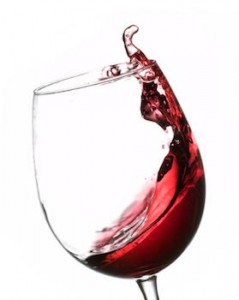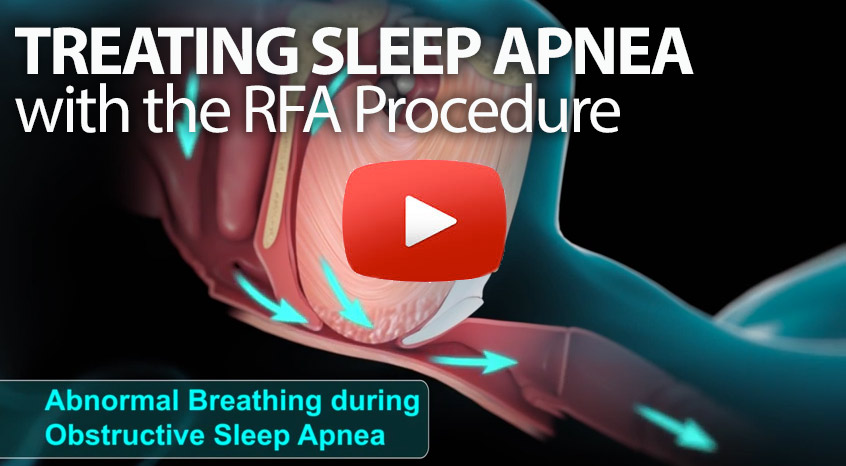It’s after a long, hard day. You are ready to retire for the night, and what can be a better way to instantly fall into a refreshing sleep than drinking a full glass of wine or whiskey? But before you reach for that whiskey bottle with your tired and weary hands, stop for a moment and consider what you’re about to read.

A glass of alcohol may get you to sleep faster, but it won’t keep you asleep. In fact, it can be quite the opposite.
The impact of alcohol on sleeping is devastating. Instead of your body naturally transitioning itself through the various stages of sleep, you instantly throw yourself into a deep sleep, missing the most important stage in the sleep cycle: REM.
REM, or rapid eye movement, is the stage in which your brain is most active, and that is when dreams occur. But at the same time, your nervous system is totally rested and inactive, which is also the reason why you do not act out your dreams. This stage is the most important one, as it is the most restorative.
Normally, REM occurs a number of times each night. But alcohol causes you to instantly fall into a deep slumber, and it’ll take a few hours until the alcohol wears off and REM can occur.
But that may not happen. Alcohol is very dehydrating, meaning you will have to get up for frequent bathroom breaks. The more times a person gets up at night, the more restless he or she feels in the morning.
And be aware that other dietary factors can affect your sleep.
If you or someone you know is in need of a better night’s sleep, contact us for a no obligation consultation. We are the sleep specialists at Chevy Chase ENT located in the Virginia, Maryland, and Washington D.C. metro area dealing with sleep apnea and sleep-related problems. We can help diagnose your condition, recommend whether a sleep study would be beneficial, and offer you a variety of treatment options including CPAP, Radio Frequency Ablation (RFA) and more.
